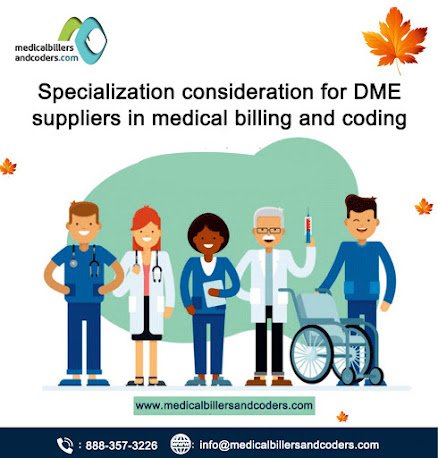How do changes in Healthcare Regulations Impact Medical Billing Procedures in the United States?

Changes in healthcare regulations can significantly impact medical billing procedures in the United States. These regulations can come from federal, state, or local government entities and may affect various aspects of healthcare delivery, insurance coverage, and reimbursement. Here are some ways in which changes in healthcare regulations can impact Medical Billing procedures: Coding and Documentation Requirements: New regulations may introduce changes in the coding and documentation requirements for medical procedures and services. This can impact the way healthcare providers document patient encounters and submit claims. Billing and Reimbursement Rates: Healthcare regulations often influence reimbursement rates for medical services. Changes in regulations can lead to adjustments in the amounts that healthcare providers are reimbursed for specific procedures or services. This, in turn, affects the amounts billed to patients or insurance companies. Compliance and Reporting Requirement...

